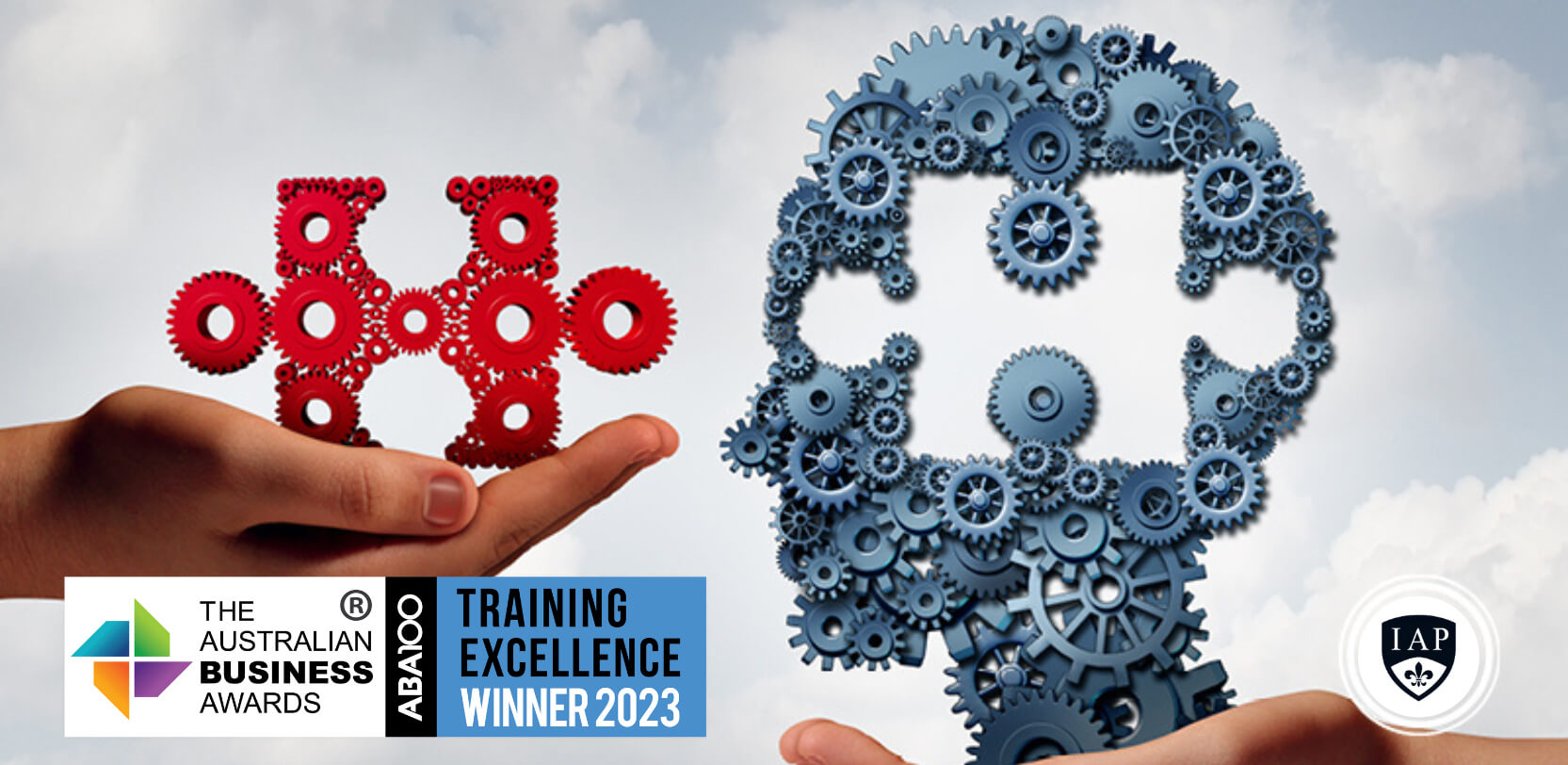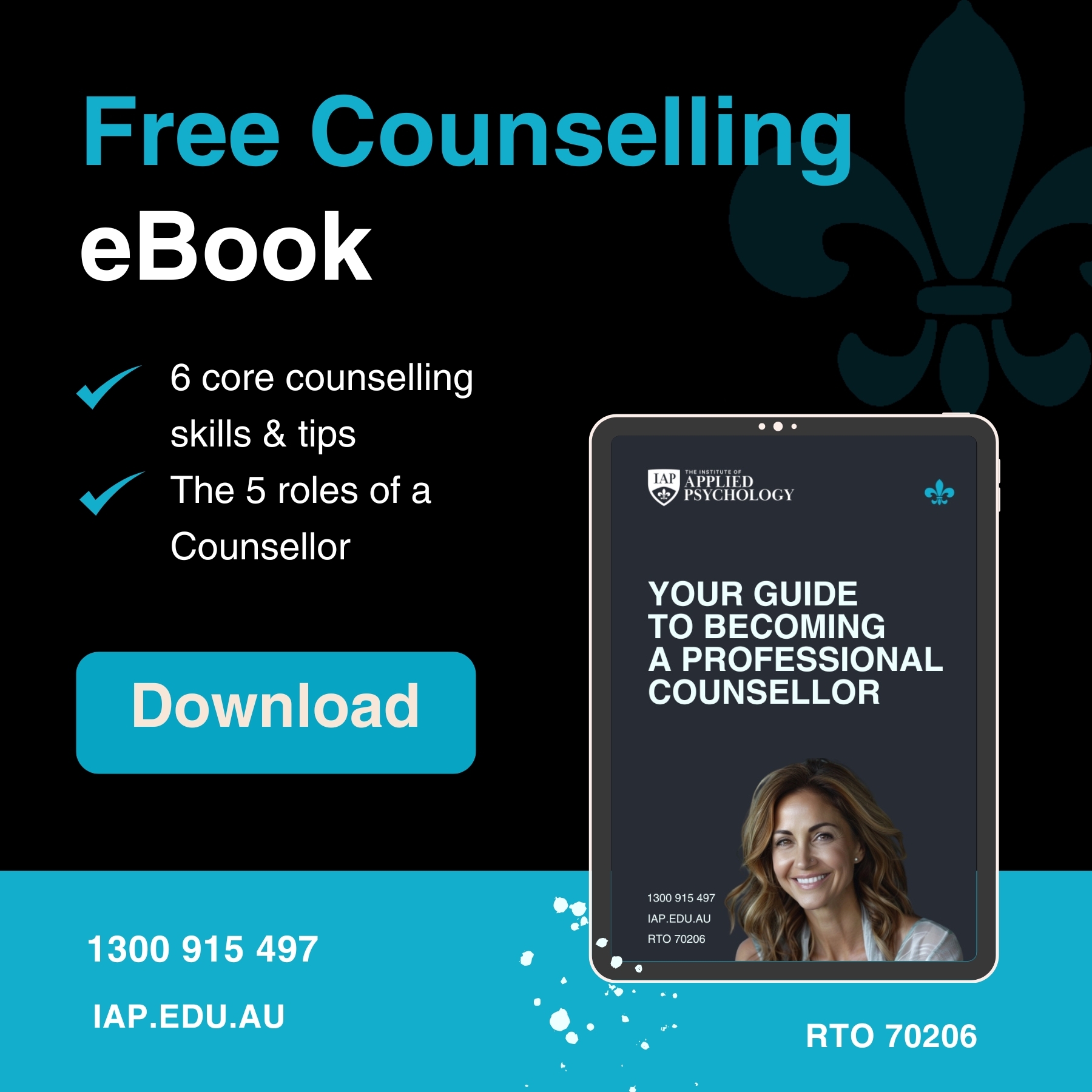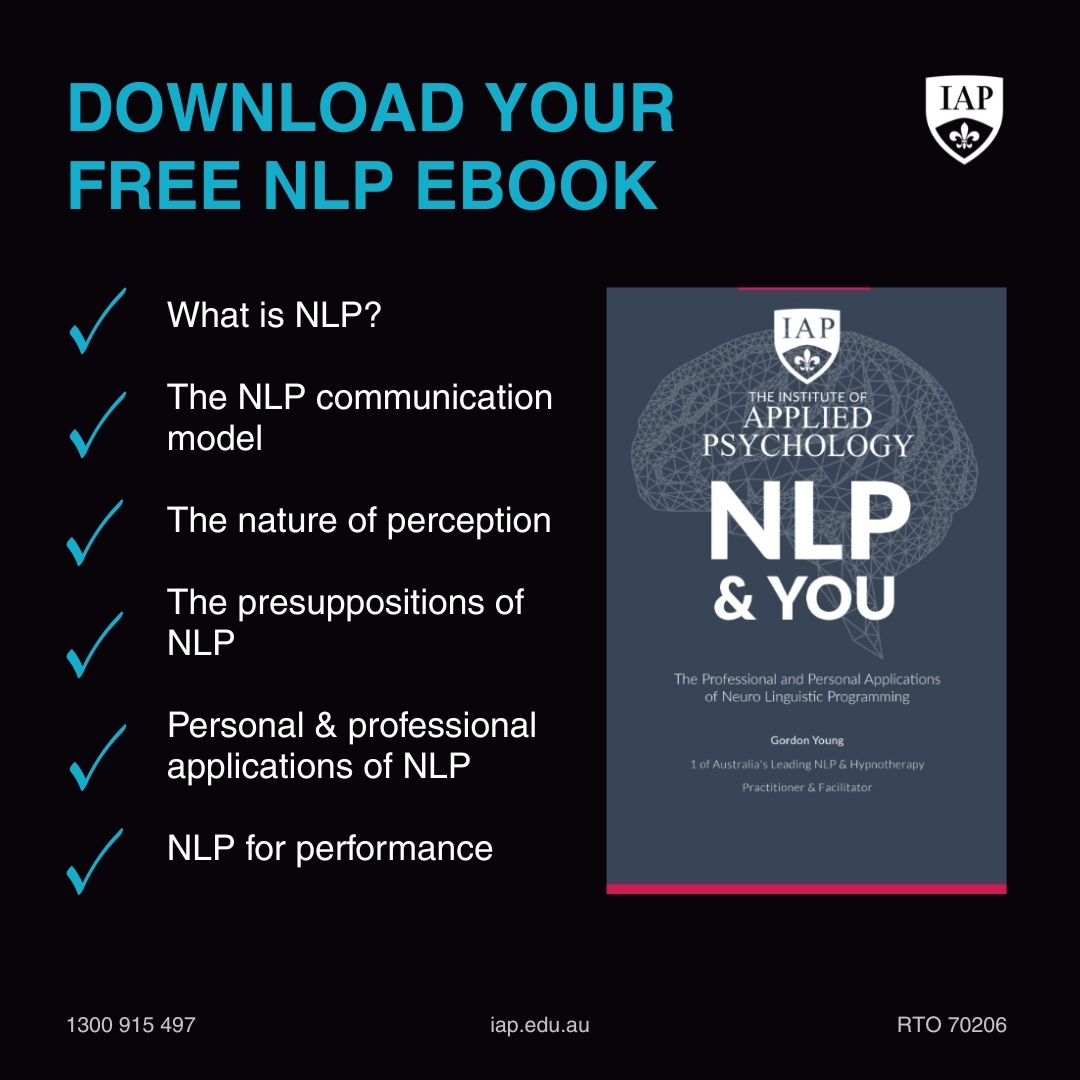Is Counselling a Good Career in Australia? Job Outlook, Salary & Pathways
If you’re considering counselling as a career in Australia, you’re looking at a profession that’s both meaningful and in demand. In this blog, we’ll explore demand and opportunities, salary benchmarks, pathways to enter the field, and what life can truly look like as a counsellor, backed by Australian data and real‑life stories.
Job Outlook & Demand
- According to Jobs and Skills Australia, approximately 33,800 counsellors are working in Australia in 2025, with an annual growth of around 700 roles.
- The Australian Counselling Association represents over 13,500 registered counsellors and psychotherapists, signalling a well‑established professional community.
- A workforce survey from ACA shows 65% of counsellors are upskilling with a Master’s by 2025, and most intend to stay in practice: only 5% plan to retire and 1% plan to start a private practice in the near term.
- Counsellors specialising in key areas like anxiety, trauma, family violence, mental health, neurodivergence, and addiction remain in the most significant demand.
According to the 2024 ACA Census, graduate employment arrangements within the counselling sector fall across the following:
- 36% are in private practice
- 25% hold salaried positions
- 19% work in hybrid roles (both employed and self-employed)
Salary & Earnings
- SEEK reports average counsellor salaries between AU $90,000 and $105,000, though high‑demand regional roles in places like Alice Springs or Bundaberg report averages of $137,000–$138,000 annually.
- Glassdoor data indicates a typical range of $70,000 to $100,500 per year, with the median around $83,000 and top earners closer to $106,000.
- SalaryExpert / ERI provides average yearly gross salary of $86,469, entry‑level from $63,000, senior practitioners up to $108,000.
Top 3 Salary Influencing Factors
- Location — some regional areas often pay a premium due to shortages (e.g. Central NSW, NT).
- Qualifications & experience — post study experience could help boost earnings.
- Specialisation — trauma, mental health, family violence, addiction or neurodivergence counselling could often pay higher.
Educational and Career Pathways
Most Australian counsellors follow one of these pathways:
- CHC51015 Diploma of Counselling is your initial qualification that enables you to become a qualified counsellor, apply to join your association such as ACA and then begin working as a counsellor or in similar roles, or even look to work towards your own practice.
- CHC81015 Graduate Diploma in Relationship Counselling — extends clinical depth while specialising in this area.
Simple Pathway Checklist
- Complete the CHC51015 Diploma to build foundational skills
- Explore specialisations—such as mental health, grief and loss, trauma, neurodiversity support, and family therapy, among others.
- Consider your future pathway into a Graduate Diploma or specialist award to specialise in an area such as relationship counselling or to help you level up in associations such as the ACA
- Join a peak body such as the ACA for registration, supervision and continuing professional development
Why Counselling Might Be Right for You
- Purpose-driven profession: 85% of counsellors report being motivated by the desire to make a difference
- Flexible work arrangements: Almost 30% of counsellors work less than 16 hours/week—ideal for phased returns, study loads, or family work‑life balance.
- Growing demand across all regions, especially rural/remote locations with limited mental health services.
- Varied career options: government, NGOs, schools, aged care, private practice, digital therapy platforms, and corporate Employee Assistance Programs.
Counselling in Australia today is a profession full of potential: steady job growth, meaningful work, a range of career pathways, and flexible practice options. According to Seek and Jobs and Skills, salaries can reach six figures, particularly with specialisation and private practice—but even the core entry‑level roles offer above‑average income compared to many fields.
If working with people, helping them navigate life’s emotional challenges, and making a tangible difference sounds appealing, counselling could be an excellent, rewarding choice. The profession is purpose-driven, resilient, and evolving, driven by growing public awareness and demand.
Ready to Explore Your Path?
If you’re curious about becoming a counsellor and want personalised advice on how to get started, call 1300 915 497 and speak to one of our course advisors today. We’ll help you choose the best pathway to suit your goals, lifestyle and vision for your future.








